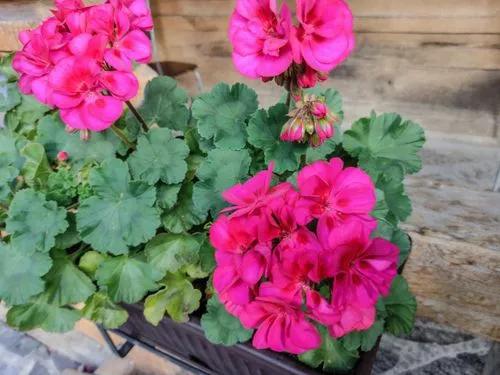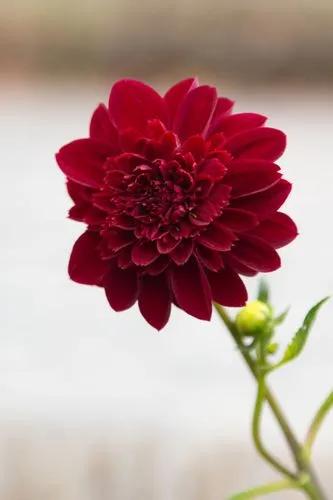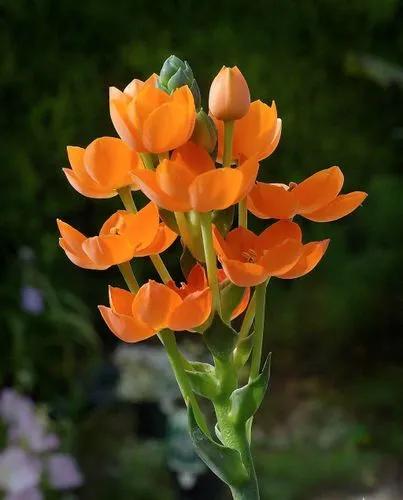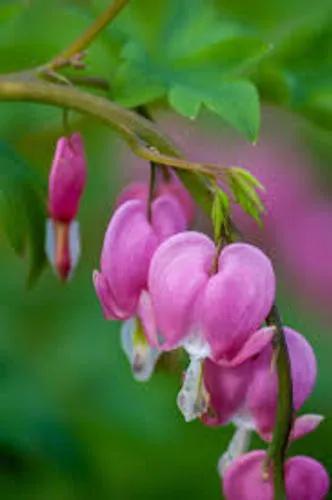Hoya carnosa is a climbing shrub species belonging to the Apocynaceae family's Hoya genus. Since this plant is a succulent, it stays green all year long and will serve as an excellent decoration for your home or garden. In addition, it is unpretentious in care.
Porcelain flower Care
Hoya carnosa
Other names: Honey Plant, Porcelain Plant



In the wild, Porcelain flower grows in humid subtropical forests. Outwardly, it is a vine with woody sprouts. The leaves are fleshy, oval, and dark green. The flowers are star-shaped, pale pink, and resemble wax or porcelain, which is how the plant got its second name. The plant's inflorescences resemble umbrellas, and flowering time is summer and autumn. Also, the flowers produce a large amount of sweet nectar.
How to Care for the Plant

Water

Watering should be moderate. You can only water the plant when the soil is dry. In winter, watering can be scarce. Hoya carnosa perfectly tolerates the lack of moisture. You can spray the plants during the summer to keep the level humid.

Pruning

For branching, you can pinch the plant, and you may cut too long sprouts because it will help more active flowering. The stems need support, so you can use string to secure the plant.

Fertilizer

With a regular substrate change, the plant does not need additional feeding. However, if needed, you can apply a succulent plant fertilizer. You can make it no more than twice a month.

Sunlight

Hoya carnosa prefers bright light but does not like direct sunlight in summer. It grows well in southern rooms. Remember you can not change the flower's location - from a change in light, the Porcelain flower can lose its buds.

Soil

Hoya carnosa is not picky about soil. In the wild, it grows on rocks or trees. The plant grows in almost any soil. You can prepare a mixture of leafy, turfy soil, humus, peat, and sand in equal amounts or from clay-turfy, leafy, and greenhouse soil (2:1:1). A drainage layer is necessary.

Propagation

Hoya can propagate by seeds; however, most often, it propagates by cuttings. Each cutting must have at least two pairs of leaves. You can cut off the stem between the knots and root the cutting in water or a mixture of peat and sand. Roots appear in 3-4 weeks. For propagation, gardeners advise taking parts of only adult, already flowering plants.

Temperature

During the period of active growth of the plant, the optimum temperature is 63-77 degrees Fahrenheit (17-25 Celsius). In winter, it is 60 Fahrenheit (15 Celsius), even though the plant can cope with lower temperatures.

Container

Hoya carnosa does not need a large pot. However, it needs enough space around to grow. Growers recommend changing the pot every time you repot a Porcelain flower. Do not use a pot that previously held another plant. The pot should be heavy so that the plant does not topple over.

Fun fact

Unlike other plants, Hoya carnosa spreads the strongest fragrance until the peak of flowering. When the flowers open, the smell becomes much less pronounce

Additional

Do not remove the spent flower stems after your Hoya blooms. It will produce flowers on those stems again the next time it blooms. Also, do not move the Hoya after it begins to develop new flower buds. Moving the Hoya could disturb it and cause it to drop the buds before they open.

Popularity

44,177 people already have this plant 4,636 people have added this plant to their wishlists
Discover more plants with the list below
Popular articles






